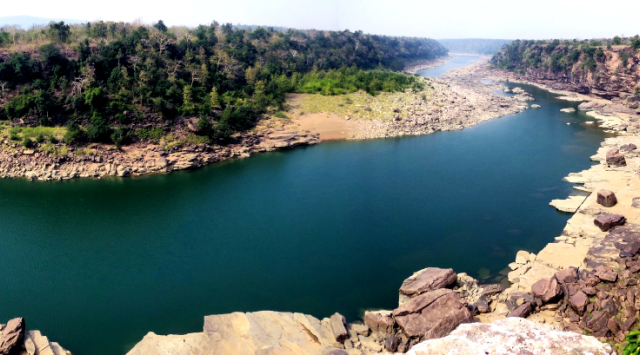Uttarakhand HC recognise Ganga and Yamuna Rivers as living entity
The Uttarakhand High Court has recognized the Ganga and Yamuna Rivers as so-called living entities. It is for the first time any court in India has recognized a non-human as a living entity.
The two rivers are sacred for the Hindus, sustain millions of people in the country but have seen years of damage at the hands of humans.
The HC Division Bench comprising Justice Alok Singh and Justice Rajiv Sharma gave a landmark judgment while hearing a Public Interest Litigation (PIL) petition filed by one Mohammad Salim in 2014.
Uttarakhand HC verdict
- Ganga and Yamuna, all their tributaries, streams are declared as legal persons [or] living persons in order to protect the recognition and the faith of society.
- They will have the status of a legal person with all corresponding rights, duties and liabilities of a living person in order to preserve and conserve them.
- State government failed to fulfil its responsibility regarding the rivers. Central government must constitute Ganga Management Board to look into the issue of cleaning and maintaining these rivers.
- The Director, Namami Gange project and the Chief Secretary and the Advocate General of Uttarakhand have been charged to protect, conserve and preserve the rivers and their tributaries.

What does it means?
In India, animals, for instance, are not considered living entities by law. Only humans are. But recognizing these rivers as a living entity, grants them new legal identity and all rights laid out in the Constitution of India. Thus, they have the right to be legally protected and not be harmed and destroyed. They also can be parties to disputes as their rights can be used to protect the interests of the rivers. It also means that if someone pollutes these rivers, the law will see it equal to harming a human being.
Interesting Facts
- Earlier in March 2017, New Zealand Parliament passed a bill declaring 145km long Whanganui River as ‘legal person’, making it first river to get this status.
- Ecuador was first country to recognize Rights of Nature in its Constitution adopted in September 2008. The new Ecuadorian Constitution includes a Chapter: Rights for Nature.
Month: Current Affairs - March, 2017


